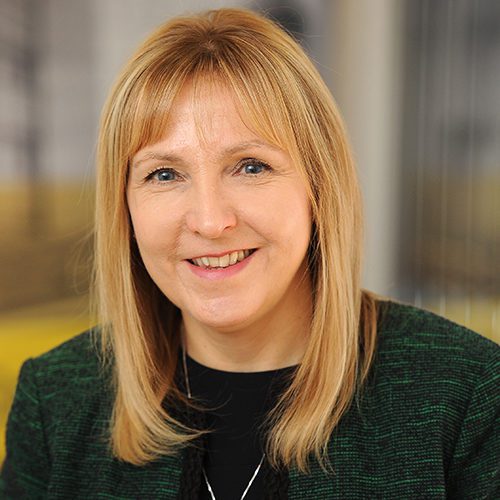It all depends on what the business is diversifying into…
If the business is diversifying into other farming activities, for example, from arable farming to poultry farming, there will be little change to the tax position. All income from farming is assessed as one trade for tax purposes and there will be no change in the VAT position, Inheritance Tax reliefs or Capital Gains reliefs.
If the business is diversifying into investment activities, for example, property rental, there can be a substantial change in the tax position. For income tax purposes, the rental profits will be a separate trade which can carry their own tax rules. Generally speaking, rent is exempt from VAT which can lead to a restriction of input VAT reclaimed on overheads. Agricultural and Business Property Relief may not be available at all if the business is not “wholly or mainly trading” and so if the rental business will be larger than the farming business, you should consider restructuring to protect valuable reliefs against the farming assets.
Diversifying into renewable energy can be attractive from a tax perspective as some projects qualify for capital allowances at rates of 6%, 18% or 100% of expenditure. If the energy is used in the farming business, the Inheritance Tax and Capital Gains position won’t change. If the energy is sold, it may be considered an investment activity, which, as mentioned above, can lead to restrictions in reliefs available.
Setting up a trading business will still see changes to the tax position of your business. For income tax purposes, the profits will be a separate trade which can lead to restrictions if one of the trades is making losses or with farmers’ averaging claims. For Inheritance Tax purposes, Business Property Relief will be available on the new trading assets without any tainting of Agricultural Property Relief on the farming assets.
Changing risk profiles for diversification means that you should consider diversifying in a separate entity with limited liability to safeguard the existing business against any claims.
There’s a lot to consider with diversification from a tax and accounting perspective so it’s important to talk ideas through with a specialist to ensure you don’t encounter into any pitfalls.



